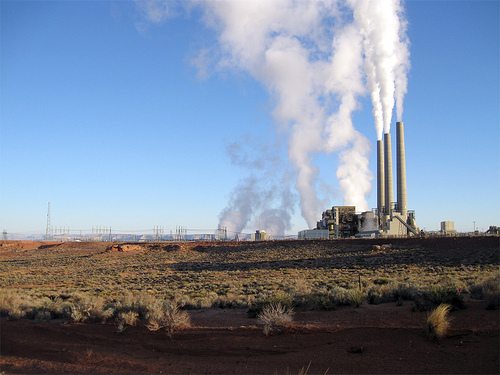

Invest
University of Sydney commits to reducing carbon footprint of investments
Following calls for fossil fuel divestment, the University of Sydney has committed to a different approach and will reduce the carbon footprint of its investments by 20%. The university claims that this approach is a more “effective and meaningful” way to address climate change.
Over the next three years the university will ask its listed equity fund managers to build a portfolio of investments that enables the university to reduce its carbon footprint by 20%, relative to the footprint of its current listed equity composite benchmark. Progress will be reported annually.
The plan follows a review into responsible investment and the current global views and actions surrounding climate change. The review considered a number of options, including whether or not to divest from the fossil fuel industry entirely and raised “complexities” in reducing the portfolio’s carbon footprint, including whether divesting from all companies with an interest in fossil fuels could result in divestment from companies that are also committed to building renewable power sources.
The university describes divestment as a “blunt instrument” that “delivers sub-optimal outcomes for all parties concerned”. It notes that divestment would fail to cut out heavy emitting companies that are not in the fossil fuel industry, whilst reducing the carbon footprint of investments “signals to all sectors that we expect them to do their bit to reduce carbon emissions”.
The university’s vice-principle, Sara Watts said, “The new strategy balances the university’s obligation to manage funds wisely on behalf of our students, staff, donors and alumni with the desire to address climate change and protect Australia’s heritage.
“This strategy will give the university a legitimate voice in the conversation on how organisation can best address climate change risks. The university’s strategy signals to the entire market that investors are concerned about the impact of climate change and expect the contributing sectors to respond with plans to reduce their emissions.”
The decision from the University of Sydney follows a study that cautioned policymakers that the vast majority of fossil fuels must remain in the ground and unburnt if the world is to avoid dangerous levels of climate change. The researchers also warned the fossil fuel investments are becoming “increasingly risky”.
A growing number of institutions, from universities to religious organisation, are committing to fossil fuel divestment as the movement gathers momentum. Last week health organisations faced calls to drop fossil fuel investments, with a report stating such holdings are “incompatible” with the moral and professional responsibilities of the sector.
Photo: squeaks2569 via Flickr
Further reading:
Report: fossil fuel investments ‘incompatible’ with health sector’s responsibility
Fossil fuel divestment campaigns can help ‘stigmatise’ industry
Divestment: University of London’s school freezes fossil fuels investment


 Environment12 months ago
Environment12 months agoAre Polymer Banknotes: an Eco-Friendly Trend or a Groundswell?

 Features11 months ago
Features11 months agoEco-Friendly Cryptocurrencies: Sustainable Investment Choices

 Features12 months ago
Features12 months agoEco-Friendly Crypto Traders Must Find the Right Exchange

 Energy11 months ago
Energy11 months agoThe Growing Role of Solar Panels in Ireland’s Energy Future





























